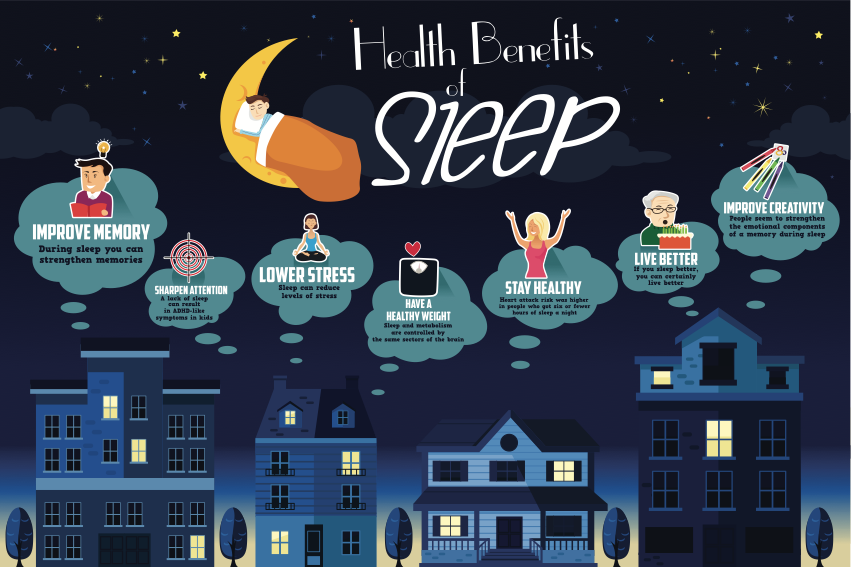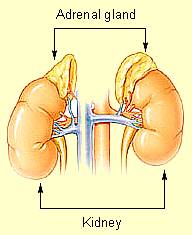For years, the topic of CBD for medical use was controversial. However, now that it has been approved for general use in the US, CBD (cannabidiol) is now widely researched and used for a variety of health conditions.
CBD is NOT psychoactive. While both cannabidiol (CBD) and tetrahydrocannabinol (THC) come from the Cannabis plant genus, they are quite different compounds:
- THC is known for its psychoactive effects (ie: the "high" feeling).
- CBD is not a recreational drug and doesn't offer the psychoactive effects of THC.
Read More
Topics:
Insomnia,
Anxiety and Stress,
Chronic Pain Relief,
Cannabidiol,
Research,
CBD Benefits,
Health Benefits of CBD
Photo by Pexels
Self-care is a phrase frequently talked about but rarely understood. We all seem to have plenty of time for stress, but never enough for self-care. A healthy, happy life requires we find a balance between managing care for others while prioritizing care for ourselves.
No matter what takes center stage in your life— family responsibilities, work deadlines or end-of-semester finals— you will be better equipped to everything that comes your way if you are also taking the time to care for yourself. Here are a few ways you can sneak self-care into your everyday routine.
Read More
Topics:
chronic pain,
Insomnia,
Neurofeedback,
brain map,
Sleep,
Heart Rate Variability Biofeedback,
Self-Care
Sleep is a huge part of health. Quality sleep is a must for optimal health. Insomnia is lack of sleep. To have insomnia is to feel that you are walking around in a daze, not fully awake at times. The CDC reported that one third of our population gets less than 7 hours of sleep per night. The US Department of Transportation found drowsiness/nodding off causes over 1500 deaths and 40,000 injuries per year.
Many people take medication in an attempt to get quality rest. Many are not aware that insomnia is often a symptom of a larger problem that involves the over-firing of the brain or imbalances in body chemistry. In our office, we use brain maps to determine if a person’s brain is over-firing and neurofeedback to rehab the brain. If the underlying cause of imbalanced brain waves is not properly dealt with these people often also end up dealing with symptoms like anxiety, chronic pain, tinnitus, poor memory and focus/attention difficulties.
Read More
Topics:
Insomnia,
Sleep
Top Ten Reasons to get a Brain Map
Brain maps are a 20-30 minute, non-invasive, computerized analysis of brain function. The electrical activity of the brain is associated with function of the brain. Brain maps allow for targeted management of a weak or unbalanced area of the brain. These multi-color maps show if any parts of the brain are outside the normal range.
There are several reasons to get a brain map. The top 10 reasons are as follows:
- There are difficulties with focus and attention. Brain mapping has a long history of helping to recognize the symptoms of attention deficit disorder or ADD.
- A person feels like they are in a fog or having problems with zoning out. Brain fog can happen in a child and in an adult.
- Head trauma. Concussions. A history of contact sports. It is important to make sure the electrical activity of the brain is intact. Head trauma is associated with a long term loss of brain activity and function.
Read More
Topics:
fibromyalgia,
ADHD,
Insomnia,
brain fog,
Anxiety,
Neurofeedback,
Concussion
Mercury toxicity is the great mimicker of a host of health challenges.
Here is a sample of what one should know about mercury toxicity.
1: Mercury is known to denervate nerve fibers, similar to the pathology of multiple sclerosis. In other words it makes it so the nerves do not work.
2: Mercury can leak into the blood-brain barrier and reduce nerve conduction velocity and visual evoked responses, diagnostic tests used for multiple sclerosis.
3: Mercury can inhibit the action (binding) of happy hormones, like serotonin, at the synapse (nerve to nerve connection) leading to depression.
4: Mercury can cause hearing loss.
Read More
Topics:
fibromyalgia,
peripheral neuropathy,
Insomnia,
mercury,
depression,
autoimmunity,
Anxiety,
Multiple Sclerosis,
candida
Dr. Karl R.O.S. Johnson, DC, Shelby Township, Macomb County Metro Detroit Area Doctor Shares How and Why Hypothyroid Symptoms Can Be Affected by Blood Sugar Levels
Let’s Take A Look At The Important Role Of Balanced Blood Sugar Levels And Your Low Thyroid Symptoms
Proper Blood Sugar levels are critical for anyone with low thyroid function. Normal blood glucose levels medically have a broad range of anywhere from 70 to 105. Functional or optimal blood glucose levels are 85 to 99. According to the American Diabetic Association, a blood sugar level reading of 106 to 126 is called, “Insulin resistance,” and anything above 127 is diabetes.
Read More
Topics:
autoimmune,
inflammation,
Diabetes,
Insomnia,
Adrenal,
Low Thyroid Symptoms










